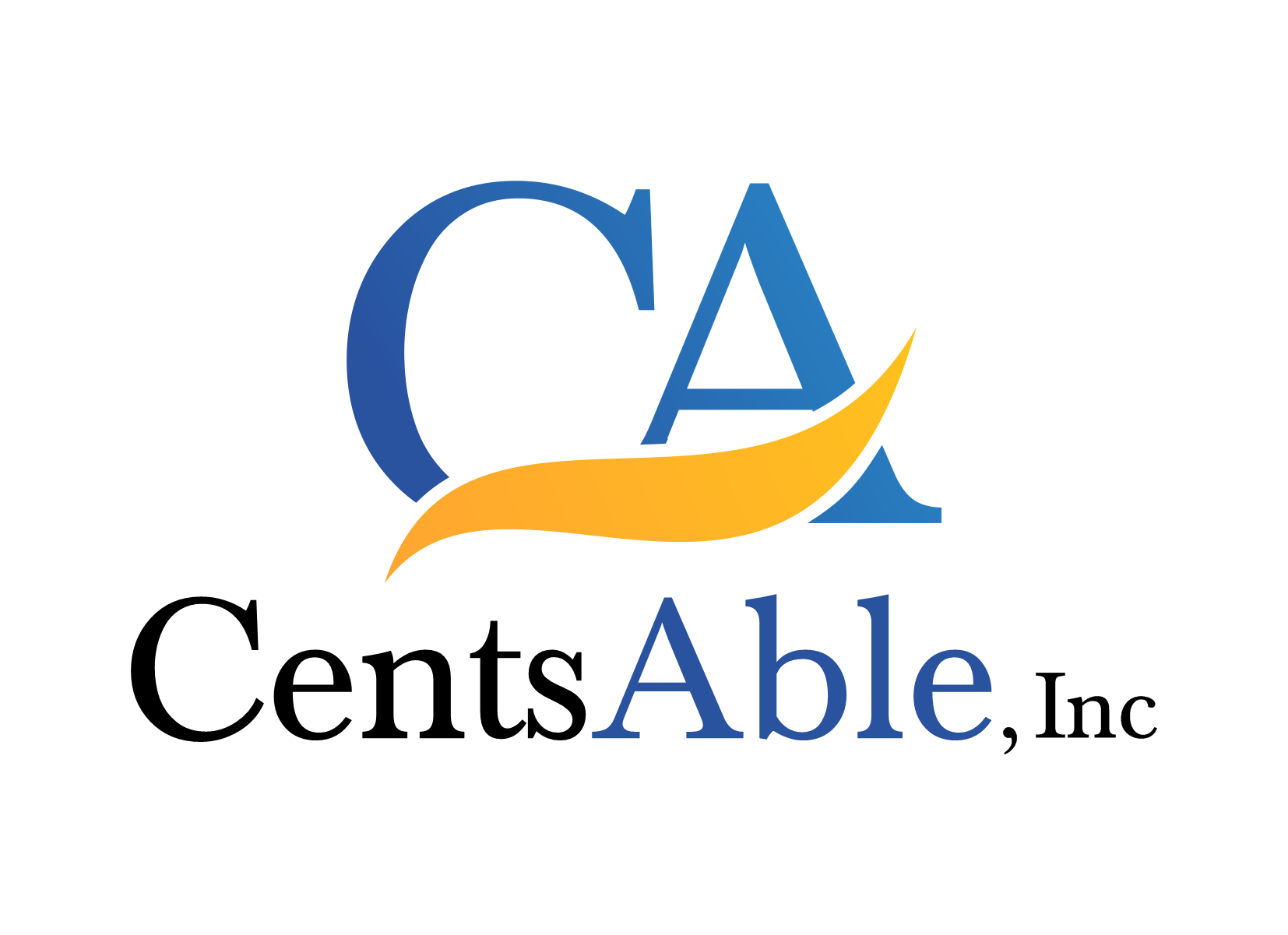Along with the many other unusual things that have happened in 2021, this year will be an atypical tax year for many households. Within the context of our clients’ financial lives, some notable events are likely to make this year’s tax returns look much different compared with 2020. We’ve included below the most common changes that might impact you:
- RMDs are back from a break. Due to the CARES Act, required minimum distributions (RMDs) from retirement accounts were suspended in 2020, but they are back in 2021. Ensure you take your 2021 RMDs, and be sure to work with your advisor to pay taxes on this income.
- Unemployment distributions will be taxed. For those who collected unemployment payments in 2021, don’t forget they count as taxable income and must be accounted for when withholding taxes.
- Harvesting capital gains. Financial markets have made big recoveries from last year’s lows. With rebalancing and the pending tax proposals for increased capital gains taxes, investors need to be mindful of harvesting capital gains.
- Watch out for the tax consequences of appreciate stock options. Many companies, especially those in tech and healthcare, issue stock options in the form of RSUs that have appreciated significantly. When these units vest, it is a taxable event, and most companies only withhold at a 22% rate. However, many clients with RSUs have effective tax rates that are higher than 22%. Mercer Advisors can help you avoid getting blindsided by big tax bills and penalties because your estimated taxes and salary withholdings were not high enough.
- Did you sell your home? If you sold a house or other property in 2021, this may trigger a big taxable event. Your advisor can help manage the impact on your 2021 overall income.
- Assess your retirement distributions. Now is a good time to look at the level of taxable distributions you have taken from retirement plans this year and consider whether you should “fill up” the marginal tax bracket.
- Consider Roth conversions. Roth IRA conversions remain a popular opportunity for those in lower tax brackets to shift assets into a non-taxable retirement account.
- Don’t forget your estimated taxes. For those who pay estimated taxes throughout the year, penalties can accrue if you don’t pay enough by the deadlines. While there is a “safe harbor” rule, which means if you pay 90% of your current year liability, or 110% of the prior year’s tax bill amount, then no penalties can accrue, you do want to make sure you do not have to pay extra penalties.
Use our checklist to help you review typical tax planning issues before the end of this year. Please reach out to your advisor if you have any questions.
Talk with your wealth advisor to schedule a tax review. During that meeting, make sure to account for all sources of taxable income. From there, you and your advisor can look at the full range of potential deductions and discuss other tax-planning steps to support your overall wealth management strategy. And if you pay estimated taxes, Mercer Advisors can help you stay on track and reduce the risk of being hit with any big surprises on April 15.

